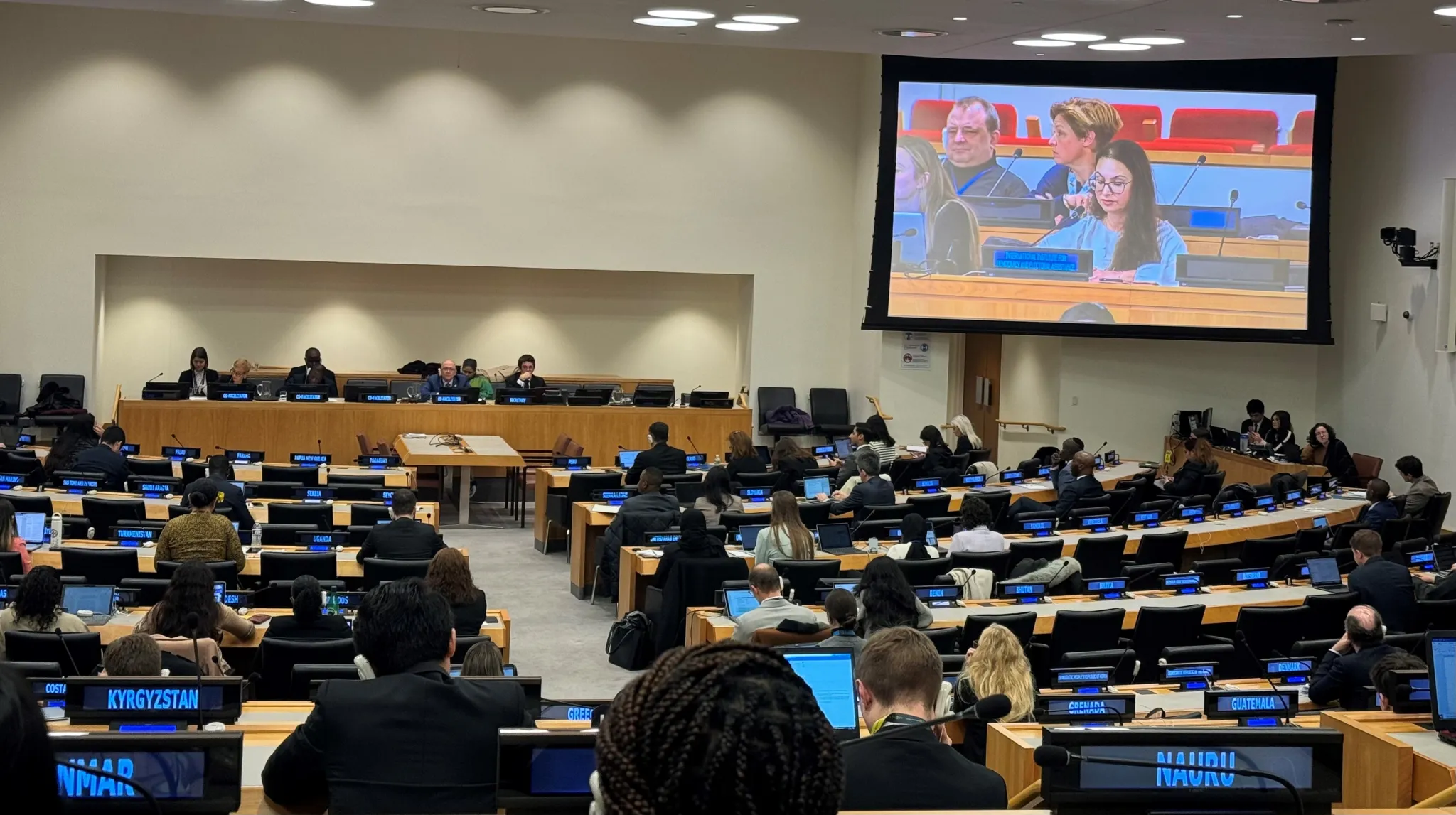Informal Consultations on Science, Innovation and Digital Cooperation for the Summit of the Future (Statement)

Informal Consultations on Science, Tech, Innovation and Digital Cooperation
for the Summit of the Future
11 December 2023
New York, United Nations Headquarters
Statement by
Kevin Casas-Zamora
Secretary-General
International Institute for Democracy and Electoral Assistance (IDEA)
Excellencies,
We would like to thank the co-facilitators of Germany and Namibia for the opportunity to provide inputs to the informal consultations on Science, Technology, Innovation and Digital Cooperation for the Summit of the Future.
As an intergovernmental organization focused on advancing and strengthening democracy around the world, we look at technology through the lens of democracy.
We recognize the enormous potential of technology, including AI, for strengthening and renewing democracy. Digital technologies lower the cost of collective action. They create new arenas for civic engagement and communication. They provide a channel through which people, including marginalized segments of the population, can make their voices heard, influence policies, and hold governments to account. They enable democratic innovations that enrich representative democracy with participatory tools. They improve the flow of information in society. And they can bring decision-makers closer to voters.
However, we know that new technologies and AI can also aggravate threats to democracy and human rights. Not least among the risks is the spread of disinformation, hate speech and online harassment towards vulnerable groups: manipulating public opinion, distorting election outcomes, and making polarization deeper and more toxic. Algorithms may expedite decision-making, but they can also block accountability, entrench bias, and exploit personal data for surveillance and control. Moreover, the development, ownership and control of these systems by a few private organizations places this critical democratic infrastructure in the hands of non-democratically elected actors.
We therefore urge the zero draft of the Summit of the Future to recognize digital technologies as essential democratic infrastructure. We also encourage this Assembly to consider the recommendations in the Secretary-General’s policy brief to enhance digital trust and security, through the following democratic principles: 1) inclusive and diverse participation, encouraging Member States to adopt multistakeholder approaches to develop and implement norms and guidelines on the responsible use of digital technologies and AI, including those that explicitly aim to strengthen democracy, such as online voting; 2) building on good democratic practices, develop robust and transparent accountability criteria and codes of standards for digital platforms and users, to address disinformation, hate speech and other harmful online content, without undermining other democratic rights such as free expression, and while ensuring independent oversight; 3) invest in digital literacy to increase resilience against disinformation; 4) consider the call by the High-level Advisory Board on Effective Multilateralism to seek convergence on principles for data governance through a Global Data Compact and the development of a declaration on data rights; and to ensure data protection by enhancing control by people over the use of their personal data, including opt-out choices, interoperability, data portability and encryption options; and 5) increase trust and ensure transparency by requesting both public and private providers to openly share the development of their codes or algorithms.
We also urge the Summit of the Future to adequately address the risks that AI poses for democracy and to ensure that AI data, systems, and business models are based on the democratic principles of transparency, accountability, inclusion, equity, protection of human rights and rule of law. Echoing the recommendations of the Center for AI and Digital Policy, we ask this Assembly to consider a comprehensive legally binding convention for AI that goes beyond voluntary principles. We urge countries to harmonize existing guidelines and enable multi-stakeholder conversations with a diverse group of policymakers, scientists, the private sector, and civil society to develop jointly agreed standards, policies, regulations, and practical solutions. These efforts should enshrine democratic principles in all phases of AI system development and create robust mechanisms for independent oversight of AI systems.
In sum, AI and new technologies should act as enablers of the 2030 Agenda and of democracy, not disablers. The Summit of the Future provides an opportunity to ensure this, and we must not miss the moment. International IDEA stands ready to support this effort.
Thank you.